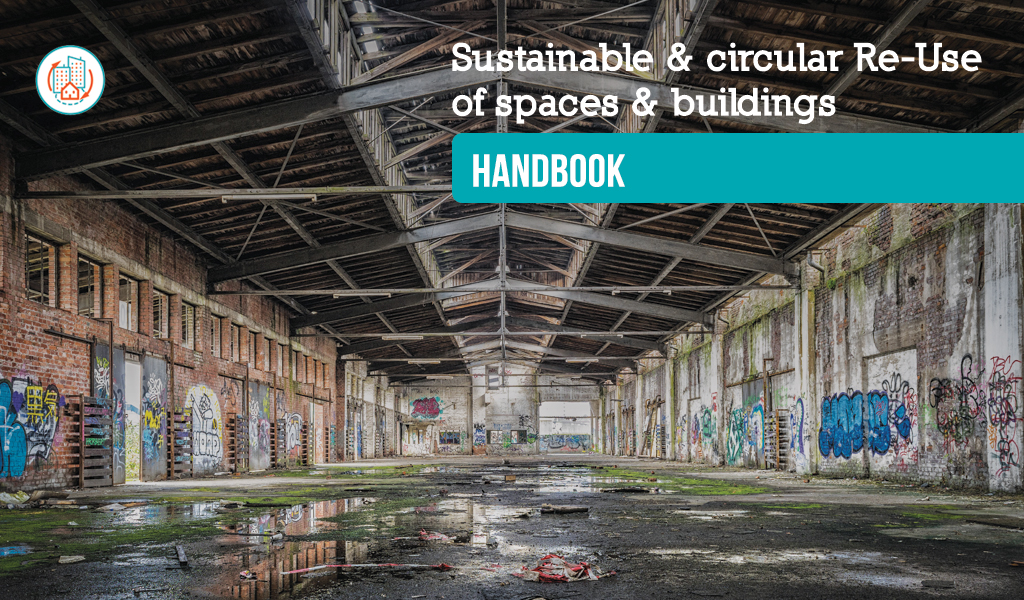Cities play an essential role in the transition to the Circular Economy. Indeed, it is increasingly necessary to develop innovative policies for the reduction of energy consumption, emissions and waste and for their management. The Handbook on the Sustainable & Circular Re-Use of Spaces and Buildings, written by the members of the Partnership of the European Agenda on the Circular Economy, which includes the Municipality and the City of Prato with the scientific support of ARCO Researchers, and the Partnership of the European Agenda on Sustainable Land Use, is thought to be a stimulus to lay the foundations for a new integrated strategy for the management of urban areas.
The regeneration of urban spaces and abandoned and underused buildings, in fact, can become an opportunity to create new jobs and carry out positive actions of collaborative economy, social innovation and creation of start-ups.
In Europe, 75% of the population is concentrated in urban areas. Due to high mobility, production, trade and economic and social relations cities are the place where 75% of energy consumption and 80% of polluting emissions occur. Specific activities and policies can participate to raising consumers and businesses’ awareness on the different production models. For this reason, it is increasingly important to promote a model of “circular city” at urban and local level, by fostering policies that can effectively influence businesses and the lives of citizens.
The Handbook, whose edition was coordinated by Leonardo Borsacchi, Coordinator of the Circular Innovation & Sustainable Commodities Unit, collects the good practices and planning strategies analyzed by the Partnerships. The publication does not only want to be a useful tool for the regeneration of urban spaces and areas but is also intended to be strategic in terms of communication. By disseminating the regeneration process, it is possible to raise citizens’ awareness on issues of reuse and regeneration as a strategic model for sustainable development. Citizens can, therefore, become themselves active actors of sustainable change.


